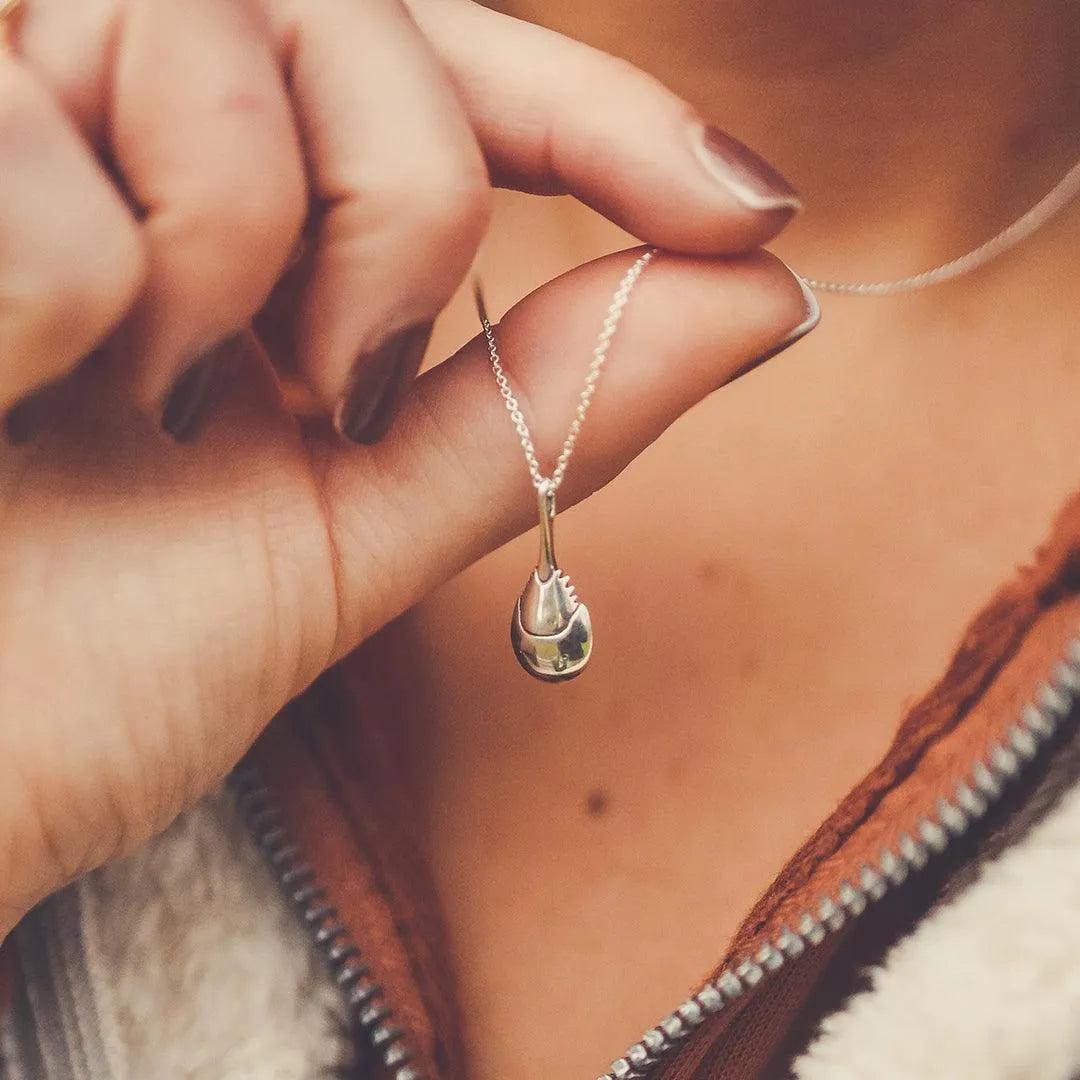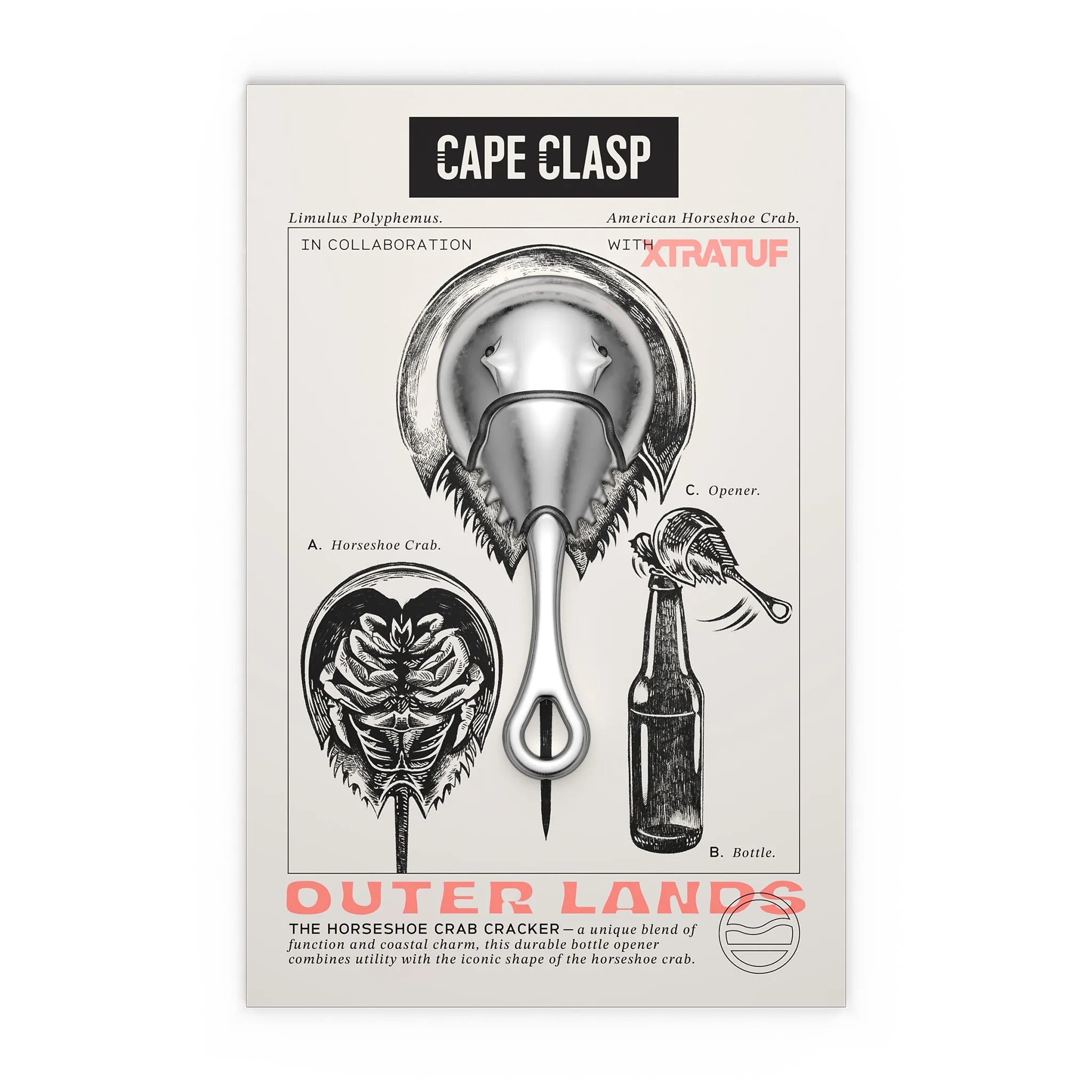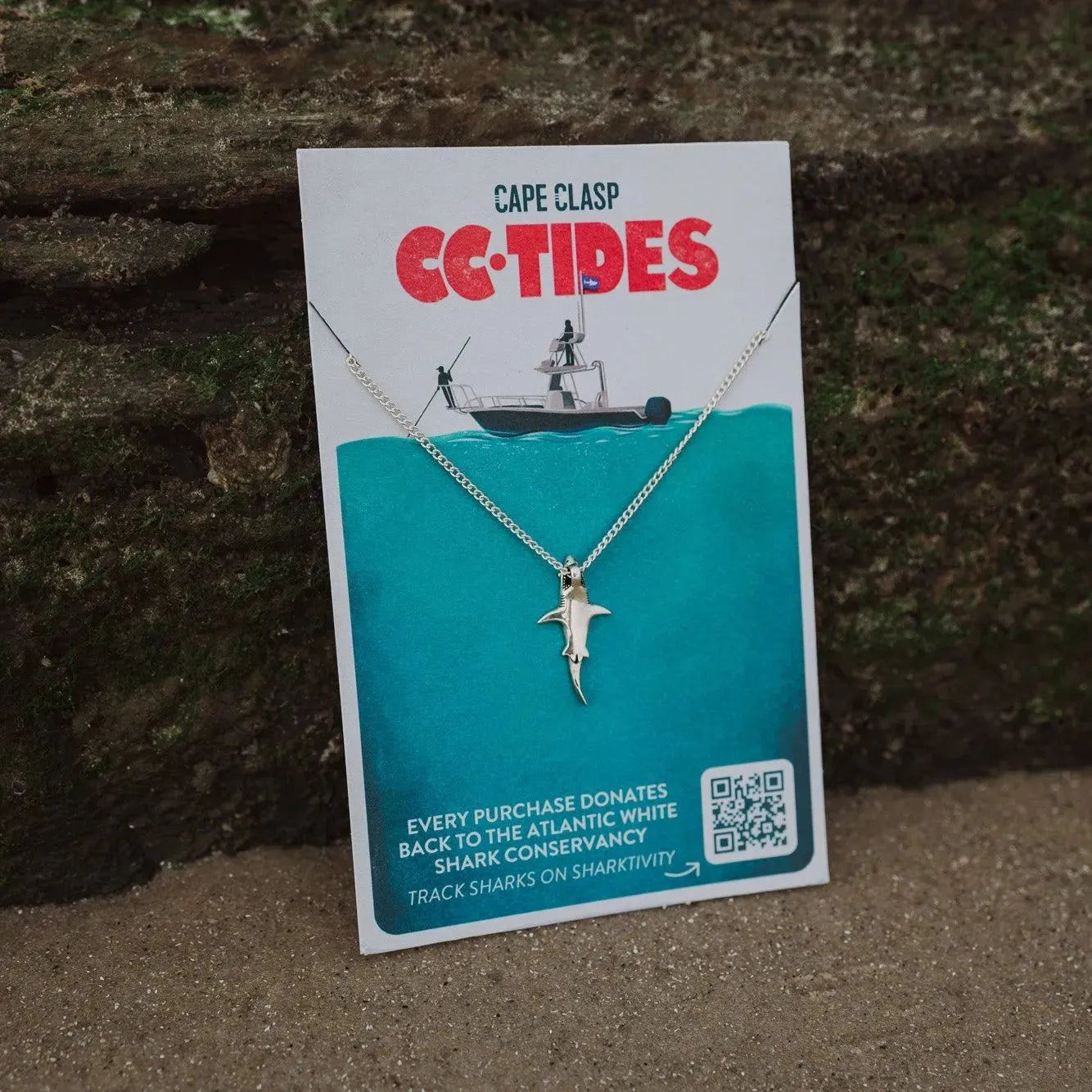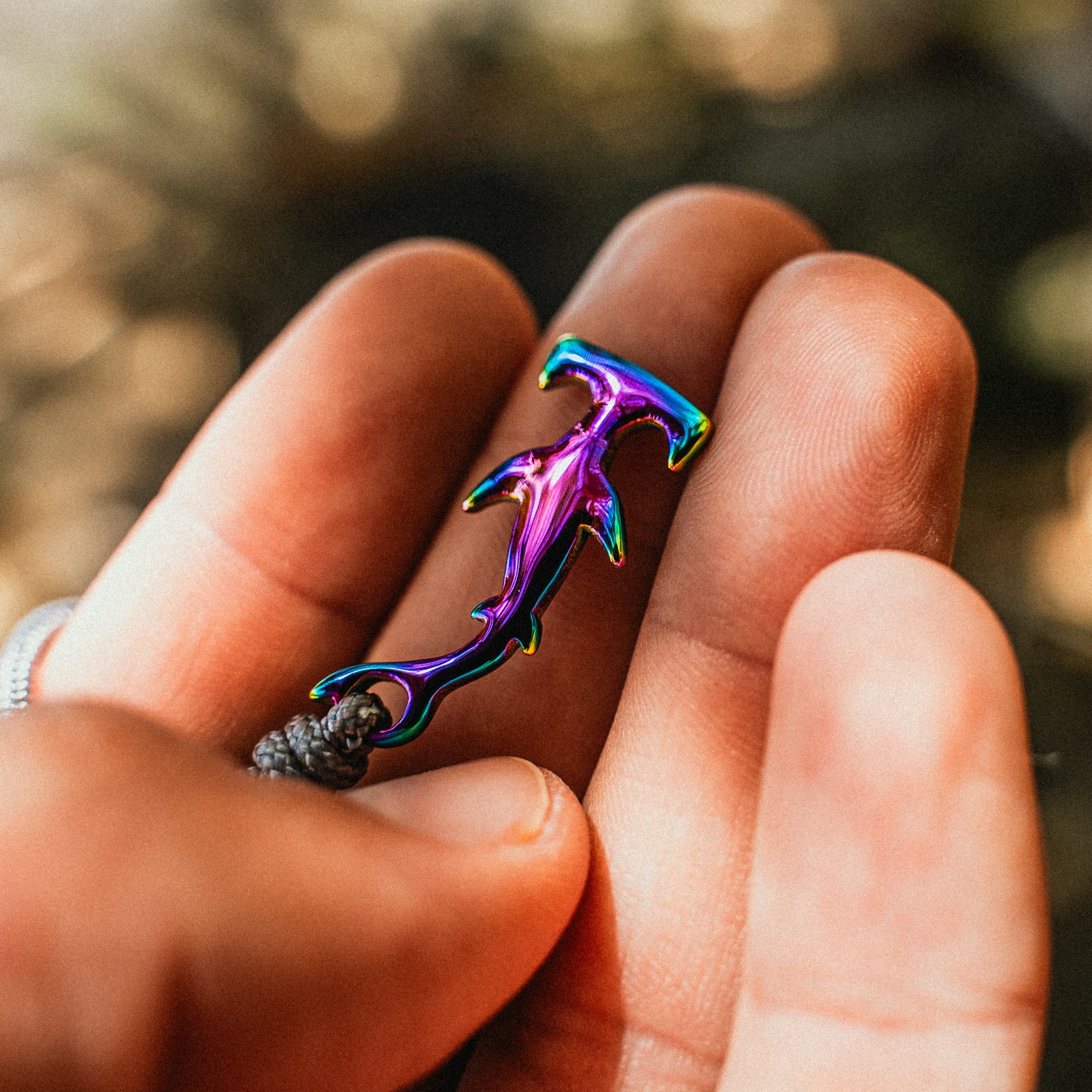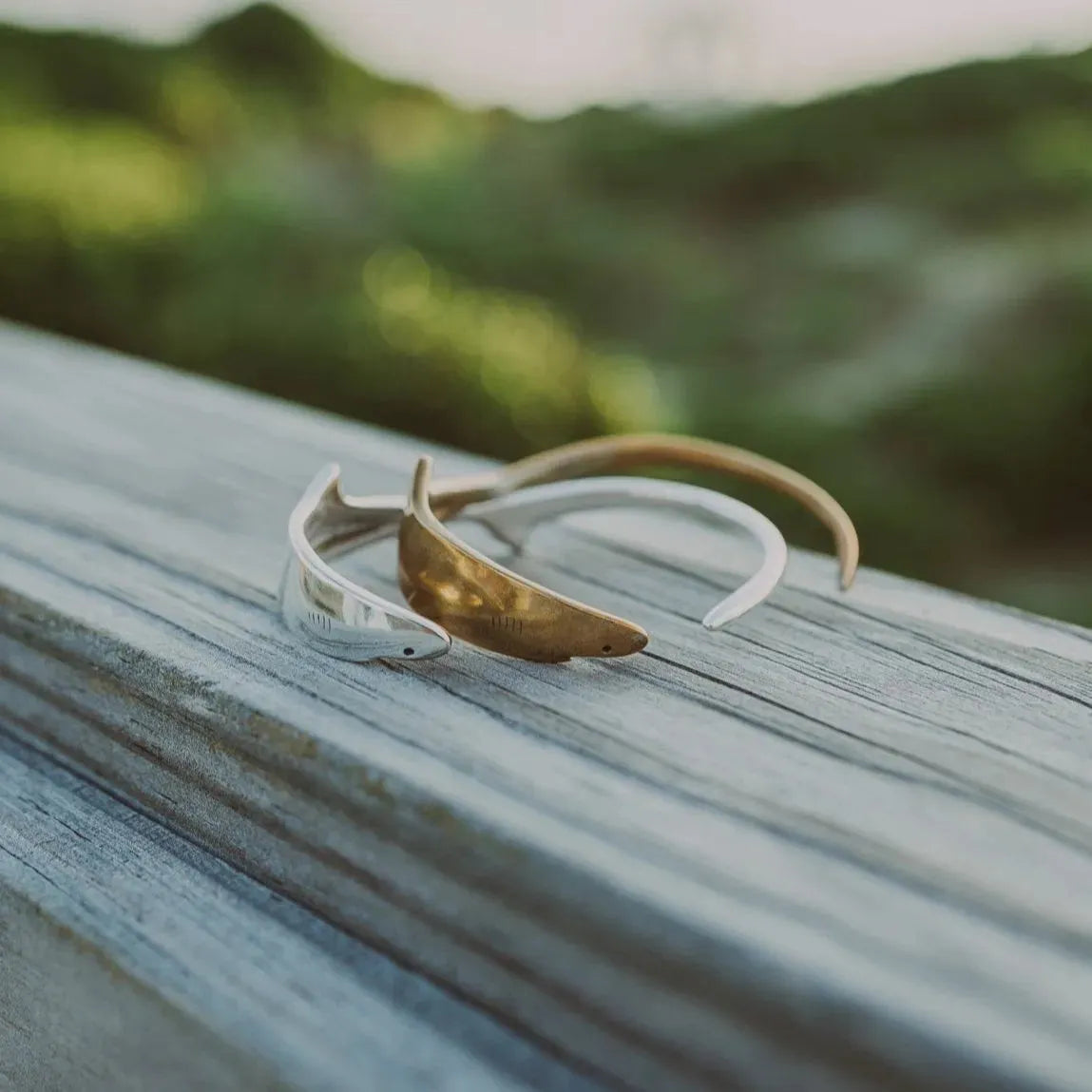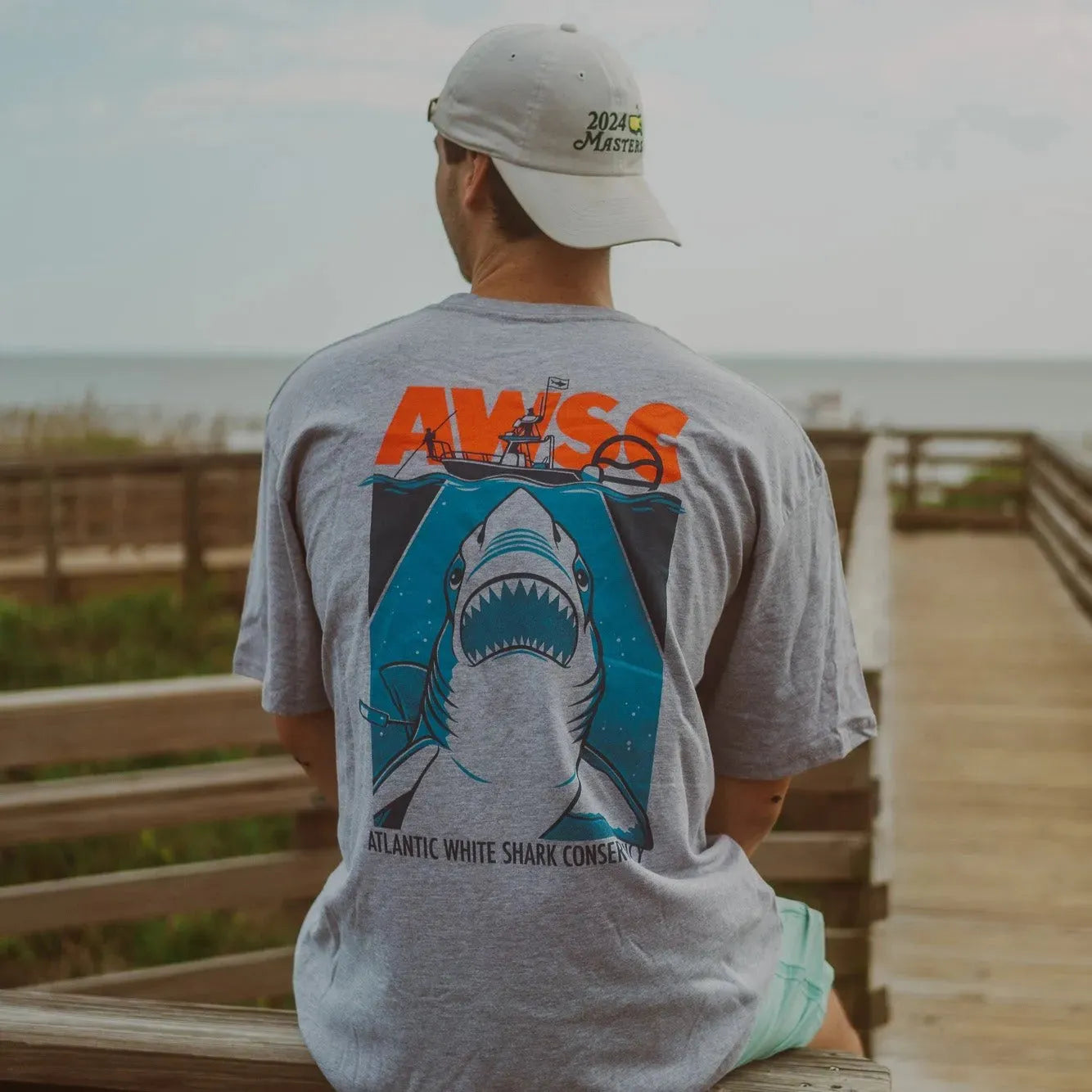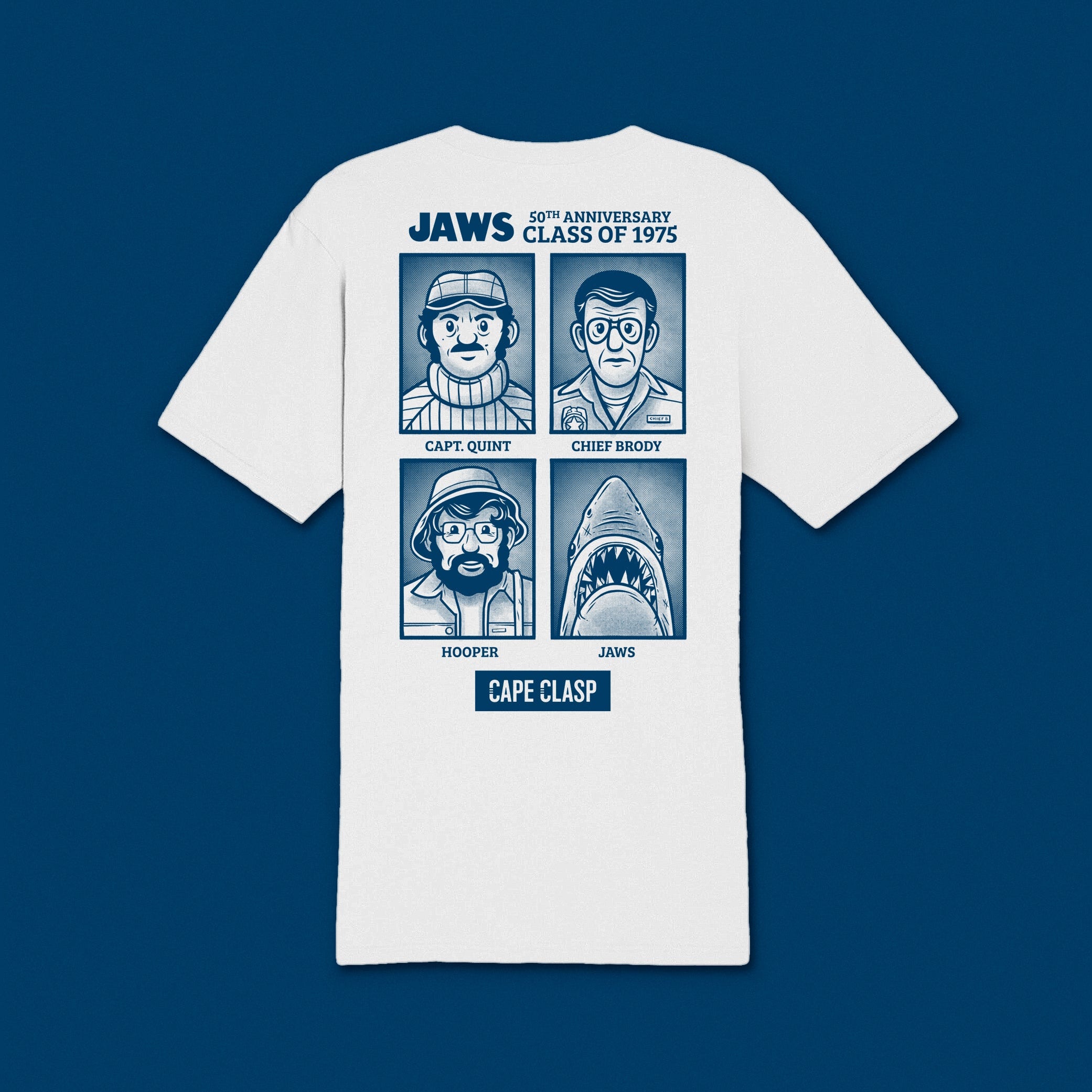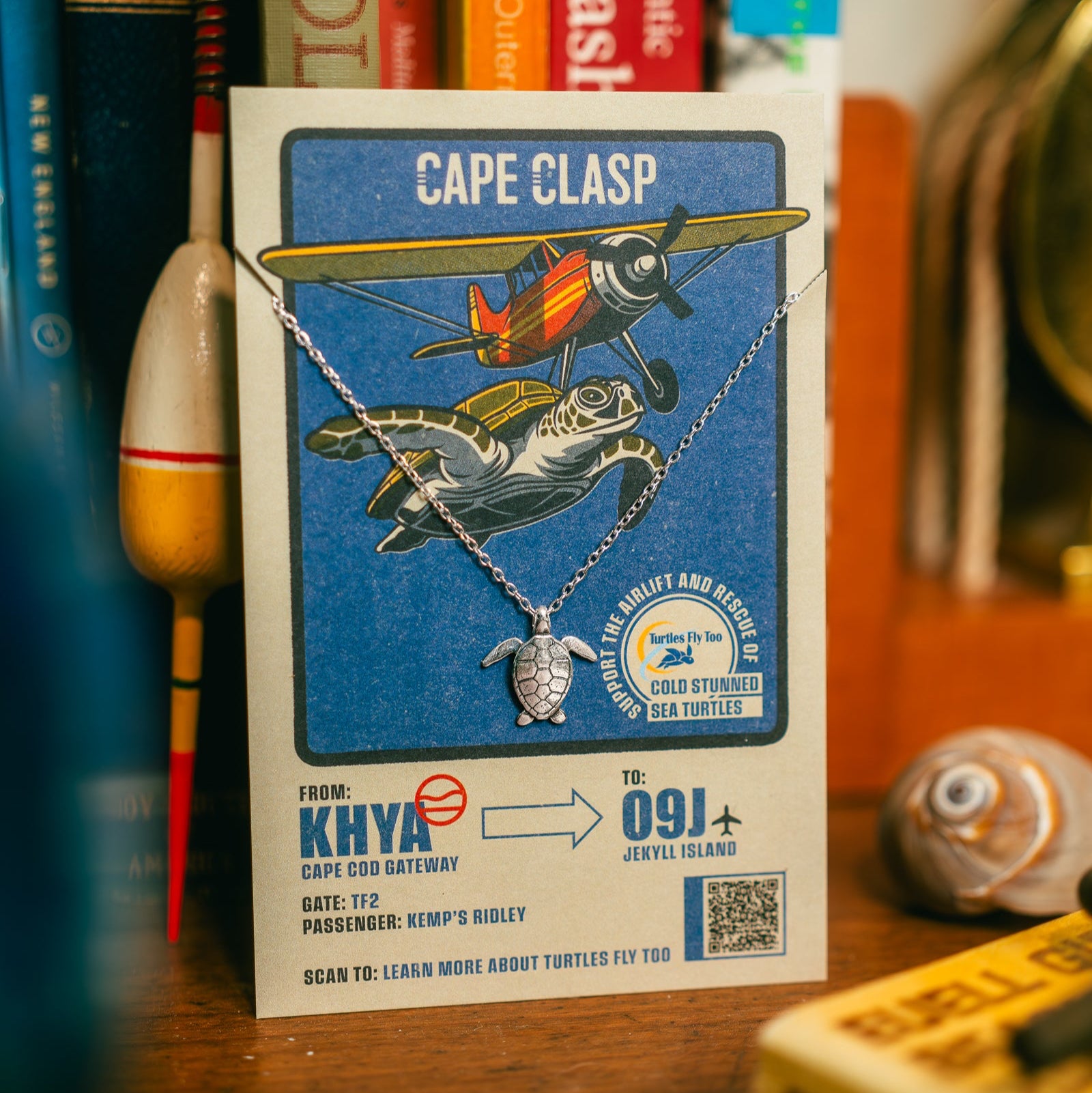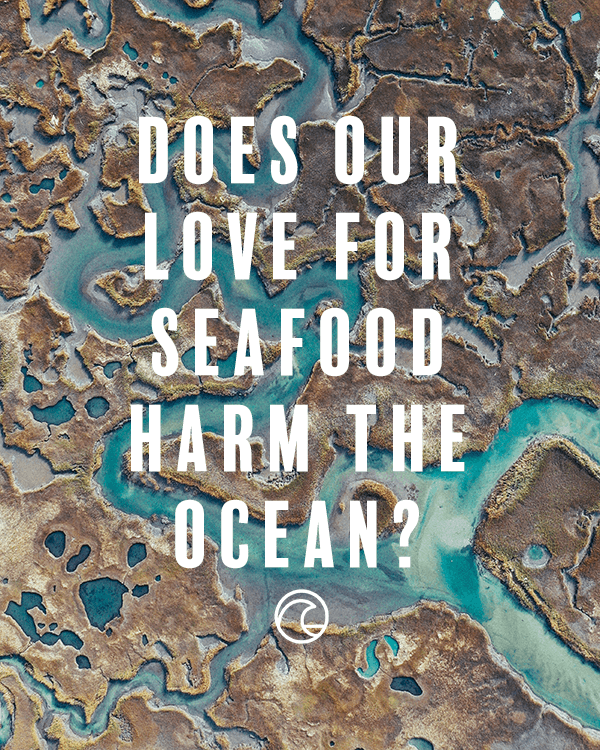
Does Our Love for Seafood Harm the Ocean?
Who doesn't love fish and chips or a good lobster roll when they're relaxing on Cape Cod?
Unfortunately, we know that some fishing practices can have dire implications on the health of our oceans. We dug into some of the ways the seafood industry can harm the ocean, and more importantly, what we can all do about it.
Innocent Victims
Did you know that 40% of catches are unintentional? A report by Oceana estimates that 63 billion pounds of bycatch is caught every single year. Fishing practices like longlining and trawling often end up accidentally catching animals outside of their target species. As a result, these animals are tossed back into the ocean and will likely die.
Bottom trawling drops a net to the bottom and drags it across the ocean floor. Not only are non-targeted species caught, but the seabed is destroyed. It has been found that up to 90% of a coral colony is killed when disturbed by bottom trawling and can take hundreds or thousands of years to recover.
Animals are still at risk of dying long after the boats head back to shore. Fishing gear that is lost or abandoned floats through the ocean claiming unsuspecting victims who wind up tangled in the nets and ropes.
North Atlantic right whales are at risk of extinction. There are only about 400 of the whales left in the world, and unfortunately the population continues to drop year over year. Nearly 30 whales have died in the past three years and not a single death was from natural causes.
Many whales are struck by ships or get tangled in fishing gear and it's expected that this trend will only worsen as warming waters are driving whales further north into busier fishing grounds.
Improvements Are Being Made
It’s important to note that not all fishing practices are harming the ocean. As we better understand how we’re harming the ocean, fishermen and seafood companies are adjusting their practices to lessen their impact on the ocean.
For example, oysters are natural water filters and farms have been strategically built in areas that are suffering from poor water quality. Oysters and quahogs have been used in waters on Cape Cod to help remove excess nitrogen. And, they’re still safe to eat after harvesting!
Lobstermen are testing ropeless fishing gear and the SAVE Right Whales Act is making its way through Congress. Our non-profit partner, the Center for Coastal Studies, not only saves whales and other marine animals from entanglement, but they also recover fishing gear that's floating in Cape Cod Bay.
The ocean is a fisherman’s office, so they are up close and personal with marine animals. There are countless stories of fishermen rescuing marine animals and providing helpful information to researchers.
How You Can Help
Understanding the facts and conscious shopping for responsible seafood brands is an important first step in protecting the ocean’s bounty for generations to come. Monterey Bay Aquarium’s Seafood Watch app helps you choose seafood with the smallest impact on the environment.
Support local fishermen and shellfishermen that are using responsible fishing practices and let your local grocers and fish markets know that it's important to you.
If we all spend a little time understanding where our seafood is coming from and how it's been caught and harvested, we can ensure a health future for all marine life.
Looking for the perfect holiday gift? Your purchase of the Whale Necklace and Whale Ring help support the Center for Coastal Studies - 15% of profits are donated to the organization.
Proceeds from the 15% of profits from all purchases of the Cape Cod Bracelet are donated to the Cape Cod National Seashore to support the conservation and care of it's famous beaches.

